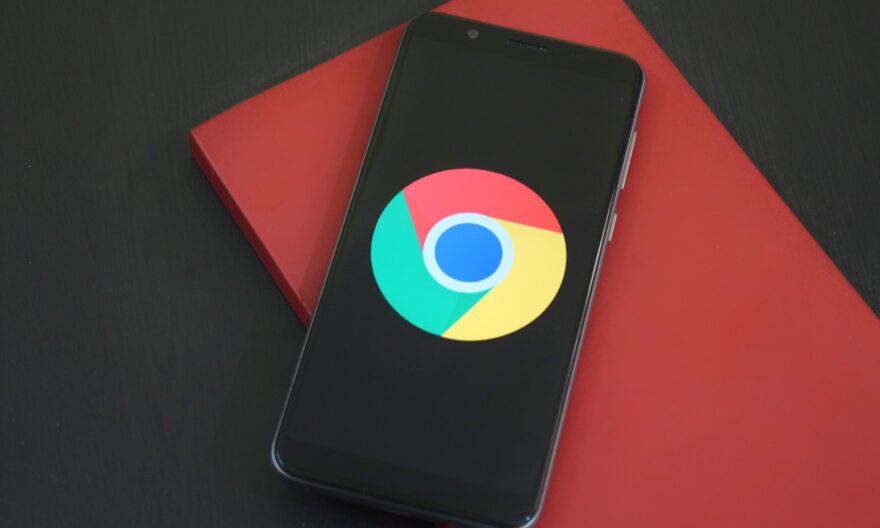
Google has announced that it plans to extend its rules that limit data tracking on Chrome browser, and these rules will soon apply to apps on its Android-based smartphones.
As part of its project, which is known as “Privacy Sandbox”, Google aims to stop advertisers from gathering large amounts of user data without consent.
This move is in-line with the company’s biggest rival, Apple, which now forces app developers to ask for users’ permission before allowing advertisers to track them on their iPhones.
Companies like Meta rely on tracking consumer behavior as part of their business model, so these changes will be seen as a huge blow.
In fact, Meta recently said that the changes in Apple’s policies would cost it $10bn this year alone. And, since 85% of smartphone owners use Google’s Android operating system, this could further damage Meta and other tech giants’ profits.
What is the “Privacy Sandbox”?
Google announced in a blog post that it will be extending its “Privacy Sandbox” to its Android apps. This means that third-party cookies, which use people’s browsing history to show targeted ads, will be phased out on theGoogle Chrome browser by next year.
The blog post states that the company is working on solutions that will limit data sharing and “operate without cross-app identifiers, including advertising ID”.
It added.”We’re also exploring technologies that reduce the potential for covert data collection, including safer ways for apps to integrate with advertising SDK (software developer kits).”
Google also referred to “other platforms” which, it says, “have taken a different approach to ads privacy, bluntly restricting existing technologies used by developers and advertisers”.
“We believe that – without first providing a privacy-preserving alternative path – such approaches can be ineffective,” it added.
Google relies on advertising revenue, so it will need to find alternatives to third-party cookies. However, recent attempts to do this, like the Federated Learning of Cohorts (Floc) model, were rejected by advertisers and privacy campaigners.



